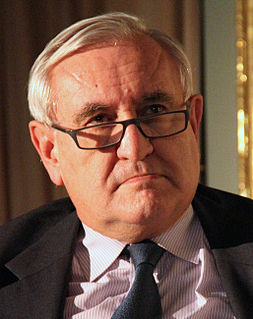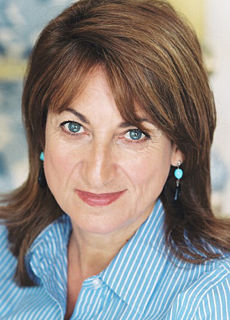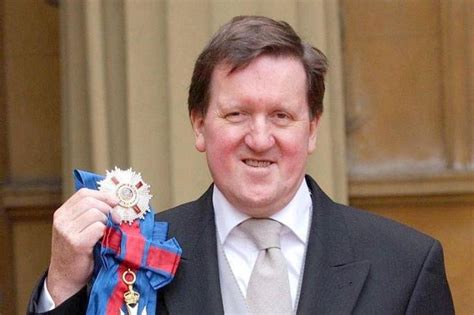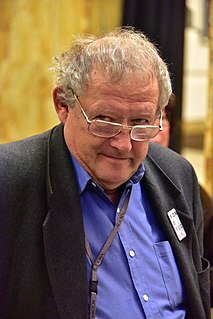A Quote by Jean-Pierre Raffarin
It's a different outlook, and one that I understand. When you are a former member of the Warsaw Pact, when you have lived behind the Berlin Wall, when you have experienced the communist systems that existed in these countries, for them, the West represents hope.
Related Quotes
There are many people in the world who really don't understand, or say they don't, what is the great issue between the free world and the Communist world. Let them come to Berlin. There are some who say that communism is the wave of the future. Let them come to Berlin. And there are some who say in Europe and elsewhere we can work with the Communists. Let them come to Berlin. And there are even a few who say that it is true that communism is an evil system, but it permits us to make economic progress. Lass' sie nach Berlin kommen. Let them come to Berlin.
I know it feels like two steps forward and one step back, but we are making progress. In my lifetime, I have lived through one World War, I have lived through the end of Apartheid in South Africa, the pulling down of the Berlin Wall. I have experienced what I never thought I would have experienced, which is a pretty workable peace in Northern Ireland, and I experienced a unified Europe - until the Conservative government got its hands on the idea that in order to appease a few back-benchers they would hold a referendum, what a disastrous idea.
In 2003, at the time I made my "Old Europe" comment, the center of gravity in NATO and Europe had long since shifted to the East. With the former Warsaw Pact countries joining NATO, the alliance has a different mix today. Some people were sensitive about my comment because they thought it was a pejorative way of highlighting demographic realities. Apparently they felt it pointed a white light at a weakness in Europe - an aging population. Europe has come some distance since World War II in becoming Europe.
There used to be the Soviet Union and the Warsaw Pact. There used to be Soviet troops in the GDR. And we must honestly admit that they were occupation troops, which remained in Germany after WWII under the guise of allied troops. Now these occupation troops are gone, the Soviet Union has collapsed, and the Warsaw Pact is no more. There is no Soviet threat, but NATO and U.S. troops are still in Europe. What for?
On the day I became Soviet leader, in March 1985, I had a special meeting with the leaders of the Warsaw Pact countries and told them: 'You are independent, and we are independent. You are responsible for your policies, we are responsible for ours. We will not intervene in your affairs, I promise you.'
Berlin is still a very edgy place, a very cosmopolitan place. It's a place where completely different ideas and cultures come together and clash in a very warm way. In a very warm-hearted way. It's a very young city. It's a vibrant city. It's an exciting city. It's a city that's also scarred by history. I think that's to be celebrated and graffiti is to be celebrated. Graffiti in Berlin is very different than when they spray something on the wall dividing the west bank and Israel. And should be treated as such in Berlin.
In 1995, I went to Berlin to acting school, which was in East Berlin. And I decided to live in the east, because I thought if I go to West Berlin, I might as well stay in Stuttgart in the West because I know all the signs, and the way we deal with each other, and I wanted to get to know the other part of Germany and how they lived and what their history was and their biography. In that period of time, I learned a lot, and it helped me a lot.
Sometimes, because of its immediacy, television produces a kind of electronic parable. Berlin, for instance, on the day the Wall was opened. Rostropovich was playing his cello by the Wall that no longer cast a shadow, and a million East Berliners were thronging to the West to shop with an allowance given them by West German banks! At that moment the whole world saw how materialism had lost its awesome historic power and become a shopping list.
I've lived a lot in communist countries and they're intensely interested in money. I think they are more interested in money than capitalists are. They're the most materialistic people in the world. What they're actually living for is material things. The irony of that is that in communist countries there isn't anything to buy.


































